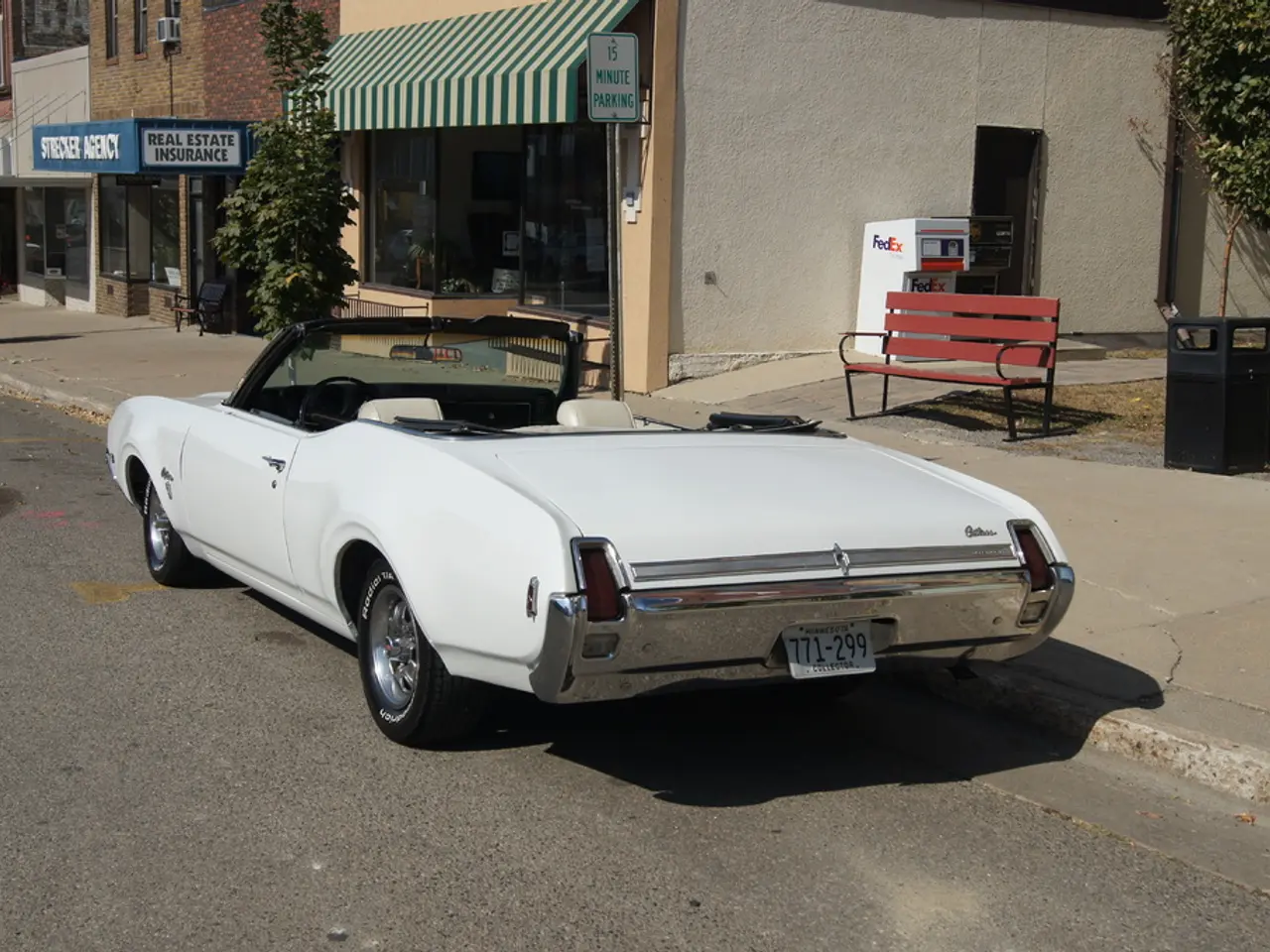Due to the insufficient number of produced Tesla Cybertrucks, we lack the necessary data to appropriately evaluate and insure this vehicle.
In the heart of Illinois, Tobias Troy Vahl, a Cybertruck owner, recently faced an unexpected issue with his insurance coverage. Hanover Insurance, his provider, decided to cancel his policy, citing the vehicle's low production volume and high repair costs as the main reasons.
This issue is not unique to Tobias. Some insurance companies are cancelling Cybertruck policies due to the truck's low production numbers, which make it difficult for insurers to adequately rate and underwrite the risk associated with the vehicle. Insurers rely on sufficient data about a model's production volume and claim history to calculate premiums accurately; limited production means there's not enough statistical data to assess potential risk properly, leading to policy cancellations.
The annualized rate of Cybertruck demand has dropped below 20,000 units at the end of Q2 2025, which could contribute to the low production numbers. However, it's important to note that Tesla has the installed capacity to produce 130,000 Cybertrucks per year, with plans to double that to 250,000 units annually.
The implications for current Cybertruck owners are significant. Difficulty obtaining or maintaining insurance coverage is a real concern, as existing policies may be cancelled and new insurers may be reluctant to offer coverage. The Cybertruck’s relatively higher failure and recall rate—with at least eight recalls reported through early 2025 due to multiple safety and reliability concerns—may further complicate insurance underwriting and owner peace of mind.
Many owners are also approaching the limits of the Basic Vehicle Warranty (4 years or 50,000 miles), and given the vehicle’s issues and lack of extended warranty options, owners face increased risk of out-of-pocket repair expenses. This environment could lead to higher insurance costs for those able to secure coverage, or requirements for more extensive inspections or higher deductibles.
Tricia Ellis, another Cybertruck owner, also encountered similar issues with Hanover Insurance and switched to Farmers Insurance. Some insurance companies are sporadically denying coverage to Cybertruck owners due to the vehicle's unusual shape and high repair costs. GEICO insurance has denied coverage for Cybertrucks under its personal vehicle insurance category.
Tobias shared his story on the Tesla Cybertruck Owners group on Facebook, highlighting the concerns of many Cybertruck owners. Despite the challenges, Tobias remains hopeful that the situation will improve as production volumes increase and more data becomes available for insurers to make informed decisions.
In the meantime, current Cybertruck owners may need to explore alternative insurance options, consider extended warranties, and stay informed about any updates in the insurance industry regarding the Cybertruck.
The low production numbers and high repair costs of the Cybertruck are causing insurance companies to cancel policies, posing a significant concern for current owners. Some cybertruck owners, like Tricia Ellis, have switched to different insurance providers due to denials or difficulties obtaining coverage.




